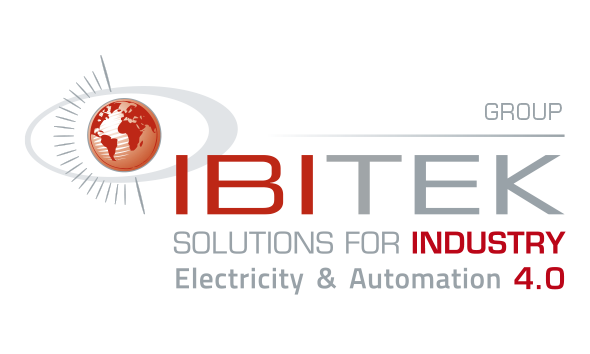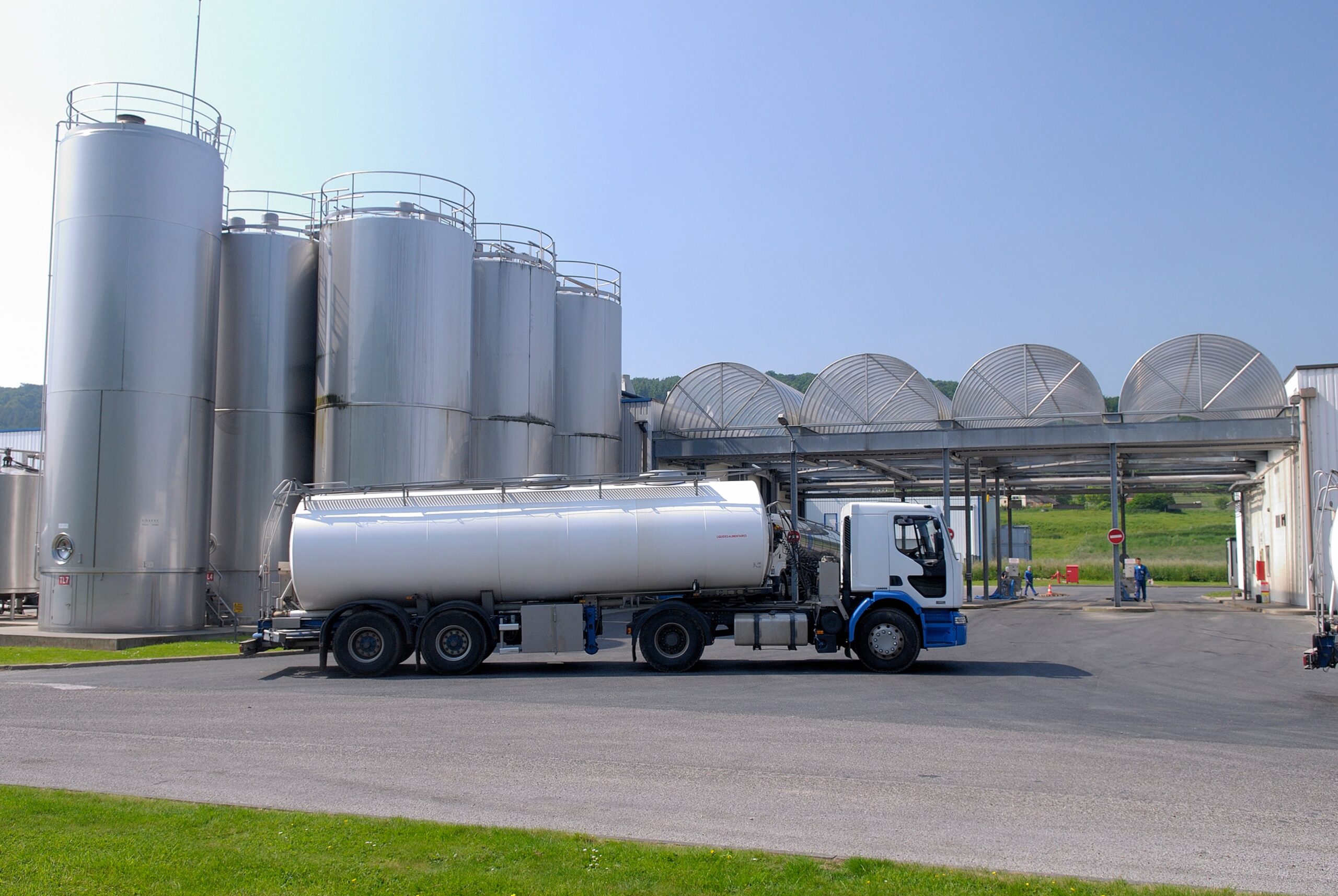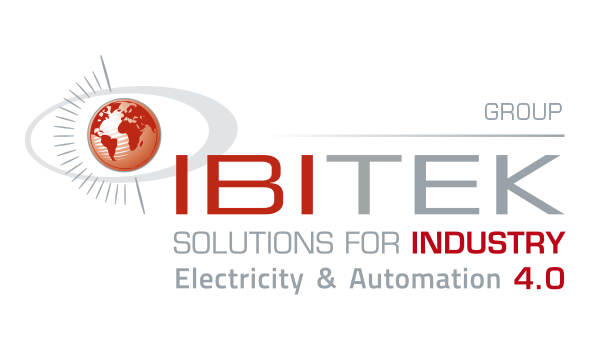The supply chain is a fundamental pillar of the materials industry. Optimizing it can be crucial to company performance. This is where process automation comes in.
The importance of automation in Industry 4.0
In the context of Industry 4.0, the automation of logistics processes is becoming a necessity for companies keen to improve efficiency, cut costs and guarantee better quality of service. The exploitation of Big Data and artificial intelligence brings a new dimension to supply chain optimization.
Logistics automation: definition and operation
Definition of logistics automation
Logistics automation refers to the use of advanced technologies to optimize supply chain operations. Automation solutions cover various aspects, from automation machines in the warehouse to supply chain software.
How does logistics automation work?
Logistics automation is based on the use of intelligent software and automated machines to perform various tasks. Take the example of a WMS (Warehouse Management System), which enables the automated management of goods flows in warehouses, helping to optimize space and reduce lead times.
The benefits of automated logistics processes
Increased productivity and reduced risk of error
One of the key benefits of automation is increased productivity. By delegating repetitive tasks to logistics machines and robots, companies free up their employees for higher value-added tasks. What’s more, minimal manual intervention reduces the risk of error.
Reduced costs and improved service quality
Automation also helps control costs. Indeed, the implementation of an automation project can quickly pay for itself through improved business performance. In addition, automation guarantees better quality of service, thanks in particular to optimized order preparation and reduced lead times.
Adaptability and scalability: the need for flexibility in the industrial world
In a constantly evolving industry, the adaptability and scalability of logistics processes are crucial to a company’s success. The use of automation can play a key role in this dynamic. Automation solutions, like those offered by Ibitek, are designed to be flexible and scalable. They can adapt to changes in the supply chain, and evolve according to the company’s specific needs.
Whether managing production data, optimizing loading dock utilization or implementing new optimization strategies, these systems can be tailored to meet the company’s unique objectives and challenges. In this way, automation not only offers a significant return on investment, but also ensures the company’s sustainability and competitiveness in its dynamic business environment.
Safety and compliance: the indispensable assets of automation
Automation plays a major role in improving safety and compliance in industry. With automation, equipment and processes can be monitored and controlled in real time, minimizing risks and ensuring employee safety. What’s more, automation makes it easier to meet compliance standards.
In the supply chain, for example, automated solutions can provide complete product traceability, helping companies to comply with regulatory standards. This is another key aim of automation: to ensure regulatory compliance while optimizing logistics operations. It’s not just about efficiency and productivity, it’s also a valuable tool for safety and compliance.
Industrial process optimization: a concrete example with our IBITruck flow management software
The main functions of flow management software
Flow management software such as IBITruck offers a wide range of functions designed to optimize your industrial site’s flow management. It enables you to monitor and control vehicle loading and unloading flows, automate repetitive tasks and track site operations in real time. Thanks to its ability to integrate with other systems, such as your ERP or other sales order management software, IBITruck offers a complete solution for intelligent logistics.
Key functionalities include vehicle identification via RFID, QR code or license plate recognition, automation of loading and unloading phases, site access management and detailed reporting. System users can access all functionalities wherever they are on site, via desktop computers, touch-screen terminals, industrial stations or PDAs.
Impact on supply chain and warehouse optimization
Supply chain optimization is crucial to improving operational efficiency and achieving significant cost savings. With IBITruck, you can monitor the movement of trucks on your site in real time, from arrival to departure, giving you total control over your supply chain.
IBITruck ensures vehicle and load traceability, helping to avoid delivery errors and minimize losses. Its advanced reporting system offers precise flow tracking, customized KPIs, and activity reports, providing a clear and detailed view of logistics performance.
By capitalizing on IBITruck’s advanced functionalities, companies can not only optimize their loading and unloading operations, but also improve their supply chain management, ensure better traceability, and facilitate decision-making thanks to detailed reporting. This is a real key to boosting the productivity and efficiency of their logistics operations.
Interoperability and modularity of automated industrial solutions
Integration into existing systems
Automation solutions such as IBITruck are designed to integrate easily into your existing information system. They can communicate with your ERP, WMS or any other software you use, enabling complete supply chain automation.
Technologies used
Automation solutions use advanced technologies, including AI and Big Data, to guarantee optimum performance and flexibility. They therefore represent a real opportunity for companies with growing data volumes.
Report generation and flow monitoring
Reporting functionalities
In the connected world of Industry 4.0, the ability to monitor the status of your supply chain in real time and generate detailed reports is paramount. IBITruck, as a flow management software, offers a complete range of tracking and reporting functionalities. It enables companies to keep an eye on every aspect of their logistics operations, from the arrival of trucks on site to their departure, via every point of passage and loading/unloading.
Users can track the movement of vehicles and goods, manage site access and even automate certain loading and unloading phases. The detailed reports generated by IBITruck provide essential information that can help identify areas for optimization, improve performance and increase operational efficiency.
The added value of KPIs and flow monitoring for the company
Flow monitoring and the generation of KPIs (Key Performance Indicators) offer considerable added value to the company. In fact, KPIs serve as benchmarks for assessing the company’s performance in relation to its objectives. They provide a precise, quantified view of logistics performance, from the efficiency of production processes to the quality of finished products.
For example, a KPI may measure the speed with which products are manufactured and dispatched, or the frequency of production defects. By monitoring these indicators, the company can quickly identify areas requiring improvement.
In addition, flow monitoring provides a real-time view of the entire production chain. It helps identify bottlenecks, optimize resource utilization and improve planning. This leads to better supply chain management, reduced costs and improved overall performance.
Conclusion
Automation brings many benefits to companies, particularly in terms of supply chain optimization, cost reduction and improved service quality.
Finally, the use of advanced technologies such as AI and Big Data offers new opportunities to optimize logistics operations and boost productivity. The future of the supply chain therefore inevitably involves automation.











